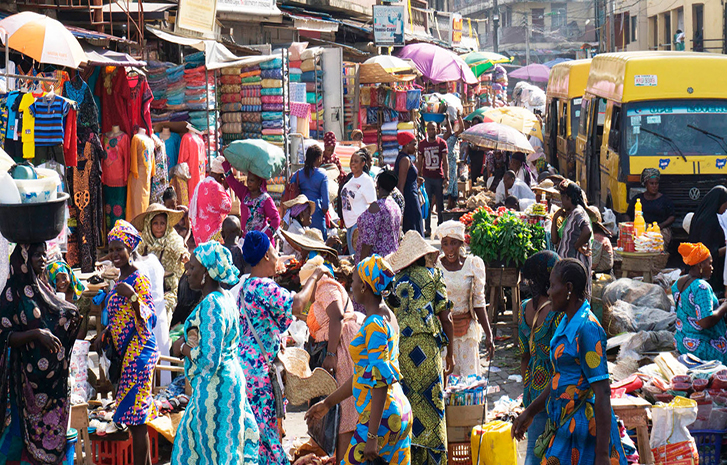Nigeria’s Stanbic Purchasing Managers’ Index (PMI) rose to 52.1 in May on the back of improvements in business conditions as growth in output and new orders rose above April levels.
The headline PMI for the month is the highest since January 2024 when the headline PMI reached 54.5.
The report stated that managers reported tepid growth in inflation as the rate of increase in prices showed signs of levelling.
However, high prices continued to curtail demand during the month.
According to the report, the rise in new orders continued for the sixth consecutive month as all sectors saw growth, especially in the manufacturing sector.
It stated, “May data pointed to a pick-up in growth in the Nigerian private sector, with both output and new orders increasing at sharper rates than in April. Rates of expansion remained slower than the respective series averages, however, as high prices continued to limit demand.”
“The headline PMI posted 52.1 in May, up from 51.1 in April and the highest since January. The latest reading signalled a modest improvement in business conditions in the Nigerian private sector, but one that was still less pronounced than the historical trend. New orders increased solidly in May, extending the current sequence of growth to six months.”
Effect of currency weakness on businesses
Furthermore, currency weakness resulted in an increase in purchasing costs as the rate of inflation dropped to a one year low in May. Businesses also saw high prices of input materials inhibited efforts to complete projects.
In terms of outlook for the year, the confidence of business owners was at its lowest since February with only about 43% reporting having a positive outlook for the remaining months of the year.
What the analyst says
Speaking on the report, the Head of Equities Research at Stanbic IBTC Nigeria, Muyiwa Oni said the bank expects demand to remain weak in comparison to the historical average but noted that inflation might peak in May.
He said, “The April and May headline PMIs point to a slight improvement in private sector activity in Q2:24, although still underwhelming compared to Q2:23. We expect domestic demand to remain weak relative to historical average, exacerbated by inflationary pressures which may likely peak in May.”
He also explained that the elevated interest rate levels could have a negative pass-through effect on the non-oil sector. He projected the economy to grow at 3.51% in the second quarter of the year.
Nigeria’s inflation rate rose to 33.69% in April 2024 as food prices jumped to 40.53% for the month.
Also, in the first quarter of 2024, the country’s GDP grew 2.98% as the services sector contributed the most to the economy for the quarter.




